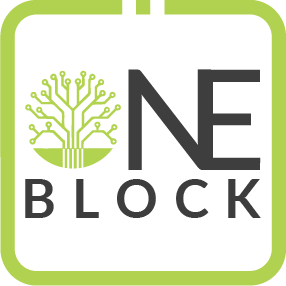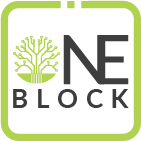It sounds tempting to go for the lowest possible fee, but just like very cheap items on eBay, it’s rarely worth it.
In order for a stake pool to generate the maximum rewards over time, you need a professional and sophisticated setup. You need to make sure that the pools are highly connected to the network, that the hardware is adequate, that the internet connection is optimal, that the software is configured correctly and that the pool software is updated frequently. You need to build redundancy and automation, to have multiple internet connections, to have UPS backup power for the hardware and protect against attacks. You need a high level of automation and monitoring, to always keep the pools running perfectly, and in case of any breakdown, have a backup server standing by, that will automatically take over.
The income from a 0% pool is simply not enough to cover the expense of the above mentioned setup. For this reason, the 0% pools do not have this kind of setup, but instead run a much simpler operation. This means that they will perform worse over time, and hence pay less rewards. If you do the math, a 0% pool will give you worse rewards, even though it looks better on paper.
You risk having the pool operator raise the fees after they’ve attracted enough stake, or having the pool simply shut down because it’s not profitable. You don’t want to constantly have to check if the pool is still at 0% fee and still running, and risk staking to a dead pool or suddenly paying a much higher fee.
Pools with 0% fee are not incentivised to perform their best. The operator only makes money from the first block each epoch, and he then has no incentive to keep the pools performing well. There is no reason for him to make sure the rewards are at the absolute max, since it means extra costs for him, but no extra income. A pool with 1% fee has a great incentive to make sure the pools are always at their very max performance, and is willing to invest in it.




 Absolutely. The point of running small and indepent stake pools is, to conveye the decentralization of the Cardano network. If you value this: Delegate to comparatively small pools and evaluate their performance over a longer time.
Absolutely. The point of running small and indepent stake pools is, to conveye the decentralization of the Cardano network. If you value this: Delegate to comparatively small pools and evaluate their performance over a longer time. You may consider delegating to a larger pool as this will increase regularity in staking rewards in short term. In long term, this concentration of stake increases the risk of smaller, indepenent stake pools ceasing operation due to constant financial losses. In case larger stake pools behave maliciously, a disruption of cloud services, networks or political influences, you are left without alternatives to choose from. This scenario actually is the only way to endanger your funds.
You may consider delegating to a larger pool as this will increase regularity in staking rewards in short term. In long term, this concentration of stake increases the risk of smaller, indepenent stake pools ceasing operation due to constant financial losses. In case larger stake pools behave maliciously, a disruption of cloud services, networks or political influences, you are left without alternatives to choose from. This scenario actually is the only way to endanger your funds. Independently of delegating your stake to any pool or not, your ADA never leave your wallet. They are as safe as you keep your private keys and recovery phase. No pool operator can steal your funds.
Independently of delegating your stake to any pool or not, your ADA never leave your wallet. They are as safe as you keep your private keys and recovery phase. No pool operator can steal your funds. From the rewards, OTB pool earns per epoch, a fixed fee of 340 ₳ and a variable fee of 3.99% are conducted and given to the operator to cover pool, planting trees costs and operating costs. The rest is shared with the delegators. So the fees relate to the pool rewards and not to your stake. You will never lose money with staking.
From the rewards, OTB pool earns per epoch, a fixed fee of 340 ₳ and a variable fee of 3.99% are conducted and given to the operator to cover pool, planting trees costs and operating costs. The rest is shared with the delegators. So the fees relate to the pool rewards and not to your stake. You will never lose money with staking. No, your funds are always safe in your wallet! Basically, if you delegate, you register a certificate on the blockchain, that says, which stake pool your wallet belongs to.
No, your funds are always safe in your wallet! Basically, if you delegate, you register a certificate on the blockchain, that says, which stake pool your wallet belongs to.